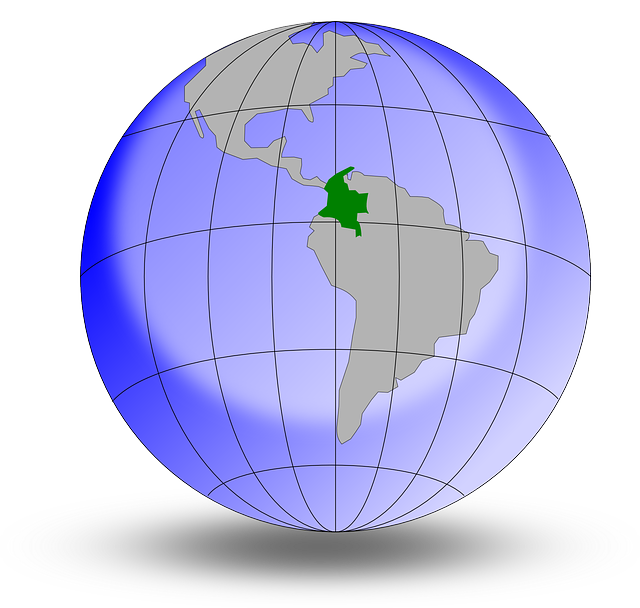Colombia reports 72% increase in dengue cases to date in 2023
Colombia health officials reported 3,459 probable cases of dengue during the week ending September 23 in the country. This brings the total cases year to date to 83,138 cases.
This represents a 72 percent increase in cases compared to the same period in 2022 when 48,093 cases were recorded.
The national incidence of dengue at epidemiological week 38 of 2023 (week ending September 23) is 251.2 cases per 100,000 population, which represents a significant increase compared to the same period of the previous year, which recorded an incidence of 135.5 cases per 100,000 population.
Officials say 70 percent of the cases are reported from the regions: Meta, Tolima, Santander, Cali, Cesar, Bolívar, Antioquia, Sucre, Cundinamarca, Córdoba, Norte de Santander and Huila.
Regarding probable deaths from dengue, 260 cases have been reported, of which 59 have been confirmed. The most affected regions are Meta, Norte de Santander, Tolima, Sucre, Bolívar, Cesar, Chocó, Cundinamarca, Magdalena, Santander and La Guajira. This is an increase compared to the same period in 2022 when the number of confirmed deaths from dengue was 49.
Dengue is a disease caused by a virus spread through mosquito bites. The disease can take up to 2 weeks to develop with illness generally lasting less than a week.
Health effects from dengue include fever, headache, nausea, vomiting, rash, muscle and joint pain, and minor bleeding.
Dengue can become severe within a few hours. Severe dengue is a medical emergency, usually requiring hospitalization.
In severe cases, health effects can include hemorrhage (uncontrolled bleeding), shock (seriously low blood pressure), organ failure, and death.
Bangladesh's record dengue season: Cases top 200,000, deaths near 1,000
Autochthonous dengue cases in Europe in 2023 to date





